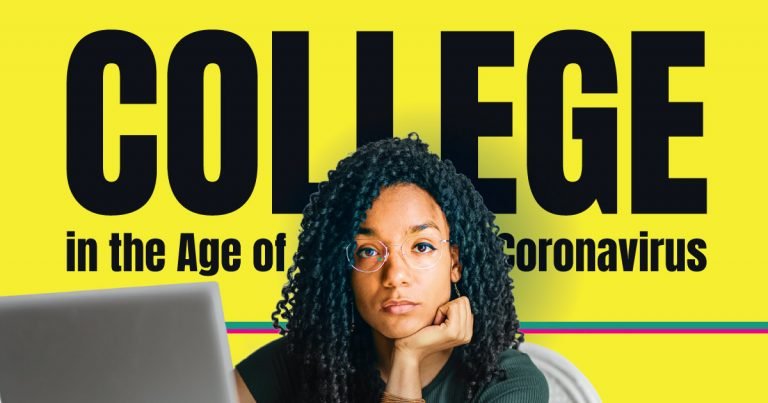COVID-19 has changed the way many are thinking about their futures of their education. Due to the outbreak of COVID-19, 1 out of every 6 high school seniors who previously planned on attending college in the fall are now rethinking that path. Universities and colleges have been hit harder than other businesses and it is facing extra problems on top of other problems caused by COVID-19. Liberty University, a university in Virginia, remained open during COVID-19 even as some of the students got sick. As a result, some students became upset at this behavior and sued, claiming that “Liberty University is, in a very real sense, profiting from the COVID-19 pandemic – keeping its campus and campus services ‘open’ as a pretext to retain Plaintiff’s and the other Class members’ … fees, despite no longer having to incur the full cost of providing those services, all the while putting students’ finances and health at risk.” Funding provided by the federal and state governments for colleges is also developing problems. Congress, in March 2020, allocated nearly $350 millions of coronavirus relief that was headed toward colleges with ‘significant unmet needs’. But only 20 schools got to see the majority of this money, with those colleges benefiting less than 3,000 students. New Jersey is taking 50% of the funding for state colleges and placing it into reserve until September 30, the end of the fiscal year. Economic uncertainty has also been caused by COVID-19 – American universities could lose 25% or more of their international students – a $48 billion market as of 2018. With millions also out of jobs, paying for college may no longer be an option. As of April 2020, the official nationwide unemployment rate hit nearly 15% – but some experts say that the real number may be much higher.
Learn more about the challenges the students are facing and what the future of college during coronavirus may look like here.


